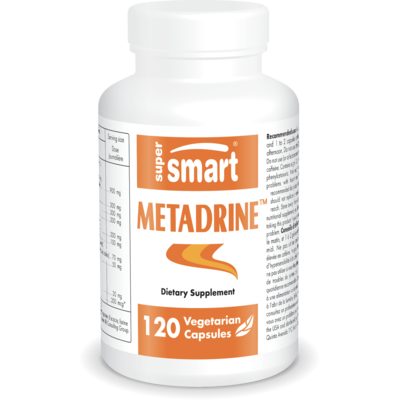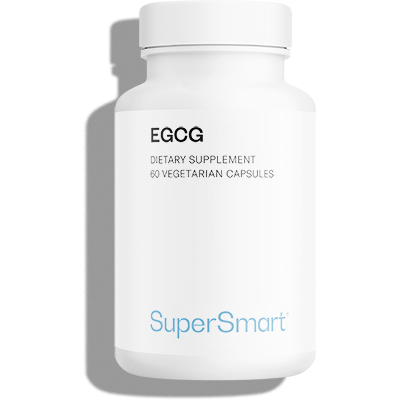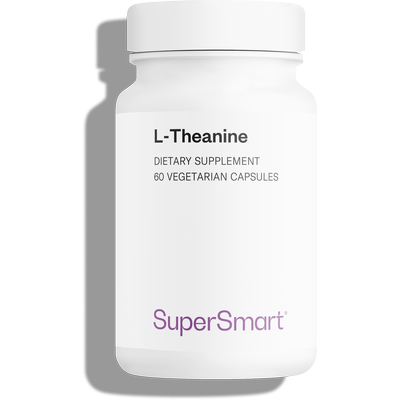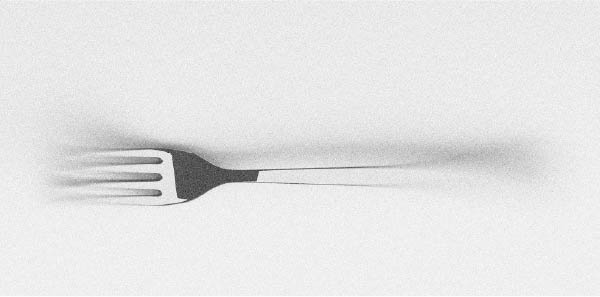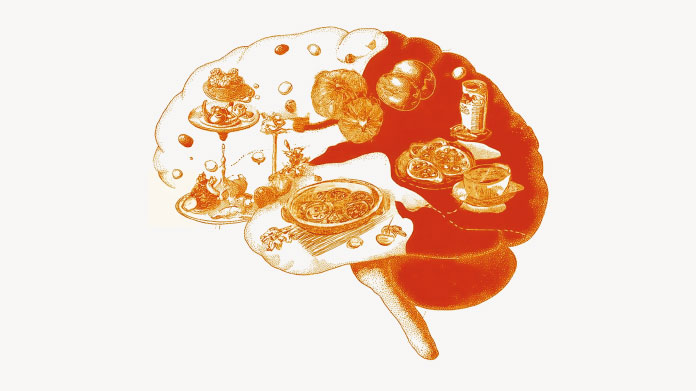Green tea for weight loss: does it really work?
It’s been said that it cleanses and detoxifies the body, burns fat and suppresses the appetite … In short, it’s credited with many benefits, due in particular to its high content of powerful flavonoids called catechins. But can green tea really help you lose weight?

Green tea: a catechin-rich tea
Consumed for thousands of years, especially in Asia, tea leaves contain numerous active ingredients. The most important are catechins (polyphenols from the flavonoid family, recognized as antioxidants), L-theanine (an amino acid derived from glutamine) and theine (the same molecule as caffeine) (1).
There are, however, a wide variety of teas. What’s more, the way in which the leaves are prepared before preserving has a significant impact on the tea’s ultimate content of active ingredients (2).
Black tea leaves undergo oxidation which promotes a bitter taste, increases the content of theine but reduces that of catechins.
In contrast, green tea is exposed to heat as soon as it has been picked, which prevents oxidation of the leaves. Two methods are used for this: the Chinese method (in which the leaves are heated in a tank) and the Japanese method (in which the leaves are steamed, preserving the tea’s active ingredients even more).
These methods of preparation mean that green tea contains 15%-30% catechins (compared with an average 9% for black tea), of which 50% -75% are epigallocatechin gallate (EGCG), tea’s most potent compound (3).
Matcha, sencha, gyokuro, bancha and genmaicha are all varieties of green tea that contain high catechin levels.
Green tea to slim down the tummy: fact or fiction
Although the various health authorities in Europe do not currently recognize the efficacy of green tea for weight loss, numerous studies have been exploring this question for a number of years.
And their results have been consistent: visceral fat loss was greater in subjects who consumed catechins than in controls (4-6).
Other studies have investigated the moderating effects of caffeine and the role of ethnicity. One study published in the International Journal of Obesity concluded that drinks containing catechins or a mixture of caffeine and epigallocatechin gallate (ECGC) had a mildly positive effect in reducing weight and fat mass (7).
Interestingly, this study revealed that increased caffeine intake reduced the slimming effects of green tea. Ethnicity also seems to play a role, with green tea’s slimming benefits appearing to be more marked among Asian populations, though this needs further investigation.
However, it appears that the benefits of green tea alone are not enough to produce weight loss or reduce abdominal fat effectively; other measures are needed.
Losing weight from the stomach and elsewhere: some advice
A key factor in losing weight, especially slimming down the tummy, is achieving the right calorie balance. Based on your basal metabolic rate and activity level, you need to work out the amount of calories you consume each day (check out our article How many calories should you eat and burn each day?).
To lose weight, you need to consume fewer calories than you burn; it’s as simple as that.
There are, however, a few measures that can help with this:
- intermittent fasting, which makes it easier to reduce the amount of calories you consume by skipping one meal a day;
- drink plenty of fluid throughout the day, to curb hunger as well as to cleanse and detoxify the body naturally;
- take some exercise, even at a moderate level (walking, cycling, etc) to increase your energy output.
Green tea for weight loss: objective view
With its diuretic and draining effects, green tea offers some efficacy in aiding weight loss and supporting health. Drinking a lot helps to eliminate toxins from the body, hence green tea’s detox reputation – and all without consuming too much caffeine.
In addition, by filling up the stomach, green tea curbs hunger and thus helps to reduce the amount of food consumed.
Drinking green tea with lemon is an excellent choice as the lemon juice helps acidify the pH of the drink. This improves the body’s acid-base balance, which is great for the metabolism, and therefore, weight loss.
Nevertheless, it’s unrealistic to rely on green tea for rapid weight loss: no ‘quick fix’ approach to losing weight i effective over the long-term. Successful slimming requires a gentler, more measured approach.
What time of day should you drink green tea for the best slimming benefits?
Anytime! But ideally, before meals (breakfast, lunch and dinner) or when you’re feeling a bit peckish. Drinking green tea before a meal helps to reduce your appetite (by curbing hunger) and enables you to properly digest all the drink’s micronutrients.
How much tea should you drink a day for weight loss?
As much as you want! 3 to 5 cups of green tea a day would seem to be a good basis for aiding weight loss through adequate hydration.
Green tea-based supplements
While it’s perfectly possible to drink green tea throughout the day, you can also take advantage of dietary supplements that contain green tea’s active ingredients in order to obtain their benefits at higher doses:
- Metadrine: made from citrus and green tea extracts, plus many other active ingredients, this supplement is designed to help those wishing to lose weight;
- Sunphenon: this is a green tea supplement standardized to 95% EGCG and decaffeinated to maximise the benefits of this catechin;
- Suntheanine: this supplement has been produced from green tea extract to offer the benefits of L-theanine, the amino acid in tea derived from glutamine;
- Natural Rapalogs: a synergistic formulation rich in natural rapalogs, including extracts of green tea and white willow, which supports physical and mental well-being;
- AntiOxidant Synergy: another synergistic formulation rich in antioxidants, including extracts of turmeric and green tea, plus resveratrol and glutathione.
SuperSmart ADVICE
References
- SHEN, Fwu-Ming et CHEN, Hong-Wen. Element composition of tea leaves and tea infusions and its impact on health. Bulletin of environmental contamination and toxicology, 2008, vol. 80, p. 300-304.
- TESHOME, Kidist. Effect of tea processing methods on biochemical composition and sensory quality of black tea (Camellia sinensis (L.) O. Kuntze): A review. Journal of Horticulture and Forestry, 2019, vol. 11, no 6, p. 84-95.
- GRAHAM, Harold N. Green tea composition, consumption, and polyphenol chemistry. Preventive medicine, 1992, vol. 21, no 3, p. 334-350.
- KOVACS, Eva MR, LEJEUNE, Manuela PGM, NIJS, Ilse, et al.Effects of green tea on weight maintenance after body-weight loss. British Journal of Nutrition, 2004, vol. 91, no 3, p. 431-437.
- JURGENS, Tannis M., WHELAN, Anne Marie, KILLIAN, Lara, et al.Green tea for weight loss and weight maintenance in overweight or obese adults. Cochrane database of systematic reviews, 2012, no 12.
- DIEPVENS, K., KOVACS, E. M. R., VOGELS, N., et al.Metabolic effects of green tea and of phases of weight loss. Physiology & behavior, 2006, vol. 87, no 1, p. 185-191.
- HURSEL, Rick, VIECHTBAUER, Wolfgang, et WESTERTERP-PLANTENGA, Margriet S. The effects of green tea on weight loss and weight maintenance: a meta-analysis. International journal of obesity, 2009, vol. 33, no 9, p. 956-961.
Keywords
21 Hours
great products and prices
great products and prices
Marie
6 Days
Easy to navigate site
Easy to navigate site, had what I was searching for, good price. easy order-check out
James Tucker
12 Days
My skin is clearing up nicely!
Pretty good for my skin so far.
Christian
15 Days
The new packaging is excellent
The new packaging is excellent - finally! No more squashed boxes and torn envelopes.
GORAN
15 Days
Great Product
Great Product
Larry Garrett
20 Days
Quick shipping
Quick shipping; good price. No issues!
Mary McCarty
21 Days
Thr product is very good and is helping…
Thr product is very good and is helping me on my health. Then is always on time
LUGO Luz
24 Days
Buying was fine
Buying was fine. I had problems with the website not recognizing my login info, and had to call to get it fixed. Other than that, everything was good.
David S. Clark
24 Days
Your super maca and super ginseng are…phenomenal
Your super maca and super ginseng are phenomenal supplements that compliment each other when taking them together. Fantastic feeling of well-being and lots of mid day energy without the crash.
Keith Mason
27 Days
I have had amazing results with every…
I have had amazing results with every supplement I've purchased. I am extremely satisfied with this company
kirstin Torres
27 Days
Fine products
Fine products . They are on the leading edge of online supplements. The only issue -so far-is they sometime run out of subscription items.
Jason Argos
29 Days
The ordering process is very user…
The ordering process is very user friendly and the products always come in a timely manner.
CARTER Rhonda
31 Days
The price for Dr
The price for Dr. Pero's AC-11 is reasonable and in line with his views. (my former colleague). Keep it pure.
CAMPBELL Clayton
33 Days
Right on every time.
Right on every time.
Arthur Nicholas
36 Days
They are cheaper than everyone else and…
They are cheaper than everyone else and the shipping was fast. Great company.
Patricia Adams


